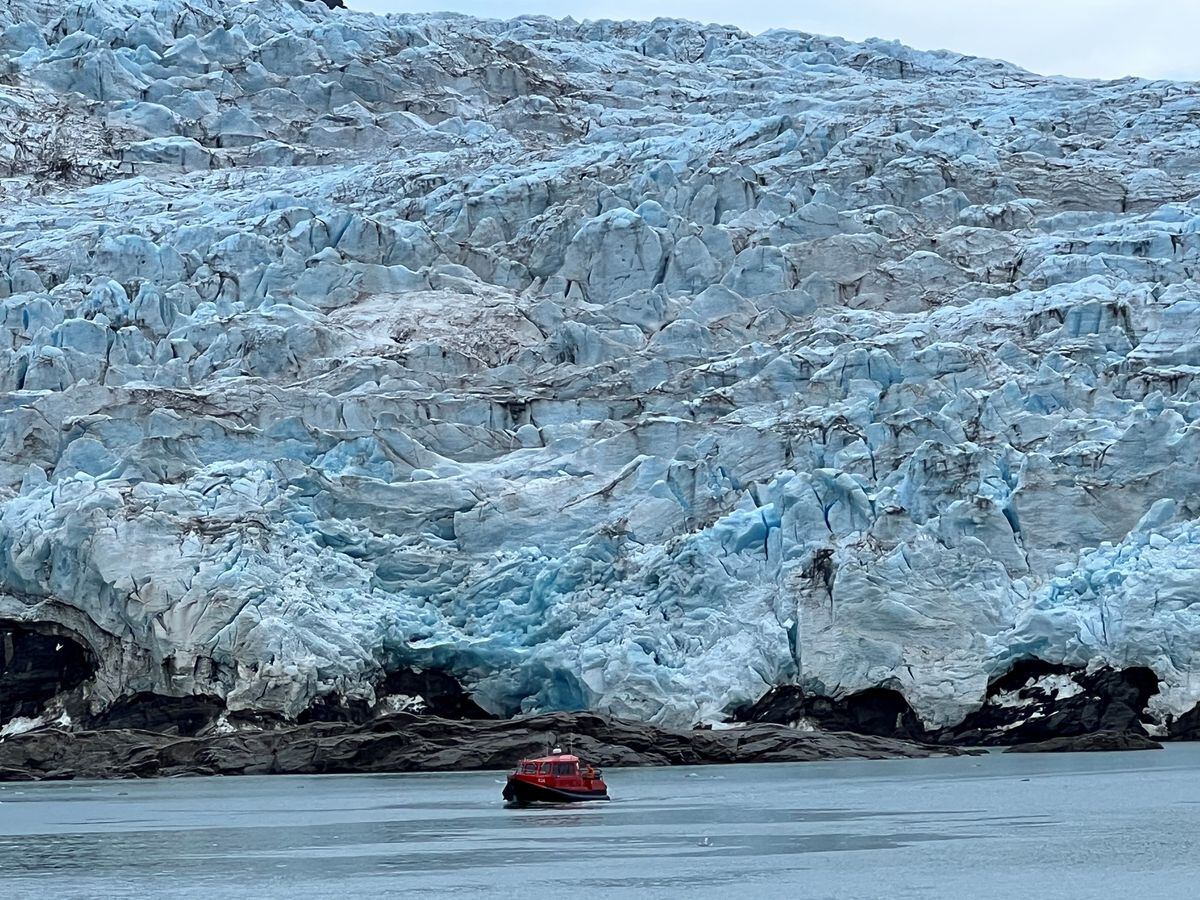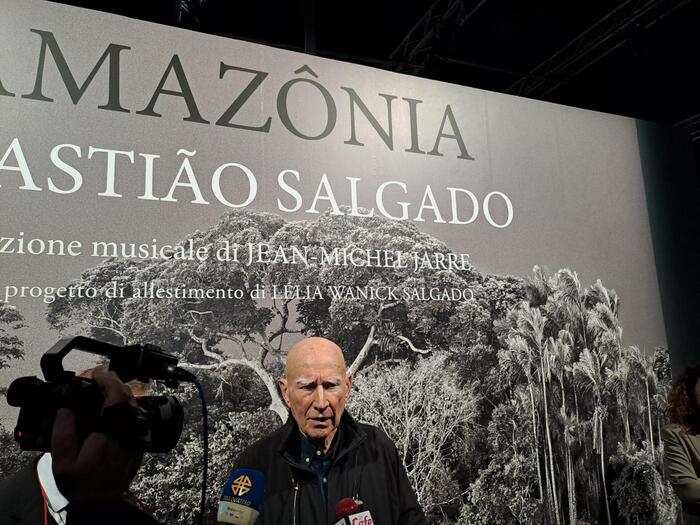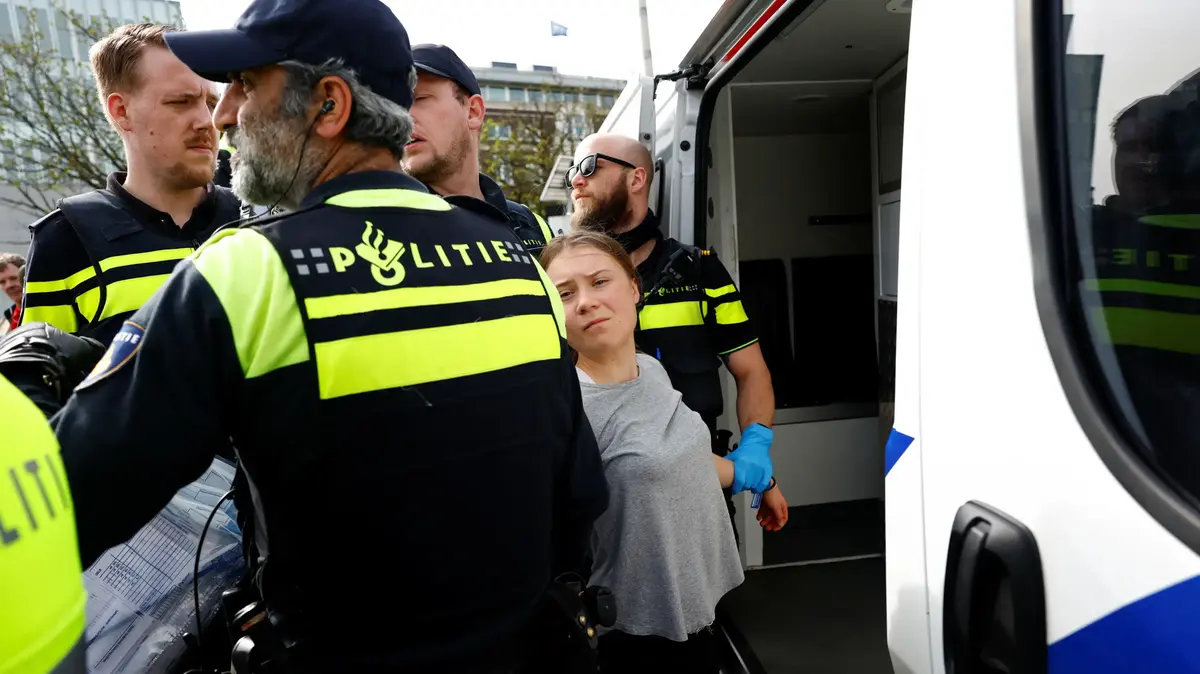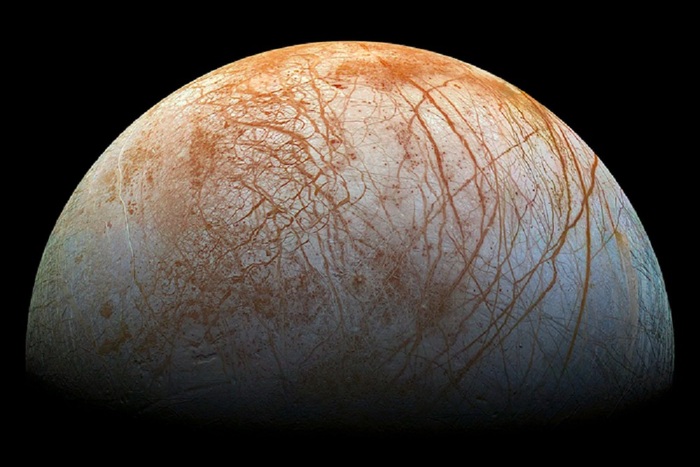- Click to share on Facebook (Opens in a new window)
- Click to share on Twitter (Opens in a new window)
- Click here to share on LinkedIn (Opens in a new window)
- Click to email a friend (Opens in a new window)
Editor's Note: Cardinal Álvaro Ramazzini is the bishop of the Diocese of Huehuetenango, Guatemala.
(CNN Spanish) - Recently we saw how the forests of the Brazilian Amazon were reduced to ashes due to terrible forest fires. With them thousands of hectares of forests have been lost, many animals have died and the indigenous peoples that inhabit these territories have lost some of their livelihoods.
This episode of forest fires, which is not exclusive to the Amazon region, requires us to become aware of another more serious situation that connotes global characteristics: the destruction of the natural assets with which God has wanted to protect and preserve the lives of Humans.
The destruction of forests anywhere on the planet highlights a global crisis with global consequences, regardless of their causes. The arguments range from the need to find oil to maintain a culture in which fossil fuels remain indispensable to the expansion of extractive industries seeking precious metals or the growth of agribusiness and livestock expansion. This only to mention some examples.
Scientists, with the seriousness that merits the situation and based on objective and serious studies, warn, in a clear and well-founded language, about the serious consequences that environmental deterioration and the destruction of the assets of Creation: forests, flora, fauna, water, air.
I want to talk about the globalization of solidarity, because through unity that peoples will find a solution. This is the message of Pope Francis: a call to unity, to hope, to face the planetary crisis.
There are situations on this planet in which we should all get involved because the negative effects of something that happens in one part of the world have consequences in others. We can talk about an ecological globalization because the planet is one and everything is interrelated in it. This is one of the key ideas of Pope Francisco's Encyclical Laudato Si .
Pope Francis, with that document of his teaching, helps us to realize the interrelation that exists in the cosmos, between living beings, animals, flora, plant species. Everything in the universe created and known by man and woman is interrelated.
Without a doubt, the concept developed by the Pope in the aforementioned document, I refer to the concept of integral ecology, will from now on constitute a key of interpretation of reality that will favor a change of mentality in the way of understanding and living the interrelation of all beings on planet earth.
One of the expected results when implementing the aforementioned concept is to achieve a change of mentality: to overcome the concept of owning the planet to assume that we are simply caregivers.
We can ask ourselves how far this change in mentality has been achieved and what has been done to make it more and better assumed. It is a pending task. Anyway, it is evident that today there are more and more voices that advocate changing the paradigm so far existing in the way of understanding and living our relationship with everything created: from dominators going through the concept of administrators until reaching the concept of caretakers of creation.
This implies the development of a spirituality that, based on the Word of God and sustained by scientific studies, promotes a global movement in which the ethical principles of solidarity, respect and the promotion of life; The rational, equitable and sober use of the assets of creation orient not only personal and community life but above all the public policies of the States.
When talking about spirituality I cannot fail to mention the richness of the spirituality and the worldview of the original peoples throughout the planet.
It is true that this spirituality in many communities in these villages faces tremendous pressure from a system of life in which profit and profit are constituted into realities that dominate the lives and consciences of many men and women. Hence the need to continue insisting on a sober and austere lifestyle in a special way in the generations of young people, men and women.
But not everything has to do only with spirituality. It is the basis and foundation of a lifestyle, but it is necessary at the same time to make reference to the fundamental role that the native peoples have to conserve their forests, their forests, their water sources, their biodiversity so that future generations can enjoy those same goods.
We must not forget in this context the concept of the Global Common Good, understood not only as geographical areas that cover the entire planet but also to guarantee current and future generations an enjoyment of everything that facilitates a life according to human dignity.
Currently, the Synod of the Amazon is convened in Rome, convened by Pope Francis. It is unfortunate the misinformation that has occurred in many social media on the content and theme of the synod.
However, and awaiting the conclusions of the synod, it is necessary to remember that the constant call that Pope Francis has made on several occasions has been and is to accompany the original peoples, support their struggle for the defense of their rights, Its culture and its territory. By supporting the native peoples we will give them the support they need to continue being the caretakers of the forests, the land, the water, the flora and fauna.
Personally I have been working with some of the indigenous peoples in Guatemala for 30 years. I have been with them, fighting for their territories and for their rights, in the face of gold and silver exploitation projects, that is, precious metal mining.
I have witnessed their struggles to defend their rights, particularly in the demand for respect for the provisions of Convention 169 of the International Labor Organization. I have seen your frustrations in not achieving the necessary changes in Guatemalan legislation regarding extractive industries and electricity generation.
I can attest to the enormous social conflict and the damage caused to the social fabric of the communities due to economic interests, whether from transnational corporations or from some members of the communities. I can attest to their discouragement and frustration when they do not feel backed by their own authorities even though the Guatemalan Constitution states that the State has organized to promote the common good. Also, at least in the case of the Marlin mine, owned by a Canadian company, being bishop of the diocese of San Marcos, I was able to verify the strategy of its arrival in the territory without mentioning previously what were the reasons to get there. When the population realized, the company had already bought the land on which they would do mining.
Personally, the experience lived in the diocese of San Marcos taught me that the power of money is so great that it dominates politics and makes impoverished people fall into the temptation of insolvency with their neighbors.
In addition, I can assure you that as long as poverty dominates the life of indigenous communities, traditionally excluded and discarded, they will not be able to exercise, with the necessary freedom, their role as caretakers of creation as their ancestors did.
The Guatemalan experience on these issues is the constant experience in Latin America: the dispossession and destruction of large ecosystems, basic to life itself. All so that a few can satisfy their excessive desire for wealth at the expense of life worthy of the great majority.
We must continue to strive so that in our countries a culture is further promoted in which the values of the community, solidarity, justice and respect for both ourselves and the common house guide the lifestyle.
Driven by these ideals, the Mesoamerican Ecological Ecclesial Network (REMAM) was born. We in Central America and Mexico are also working, joining together to be able to make a strong call that has an impact on our political authorities and society to change the mentality in the spirit of the encyclical Laudato Si and thus achieve the fulfillment of the mission received from God: to be caretakers of creation, until the new heavens and the new earth are realized.









